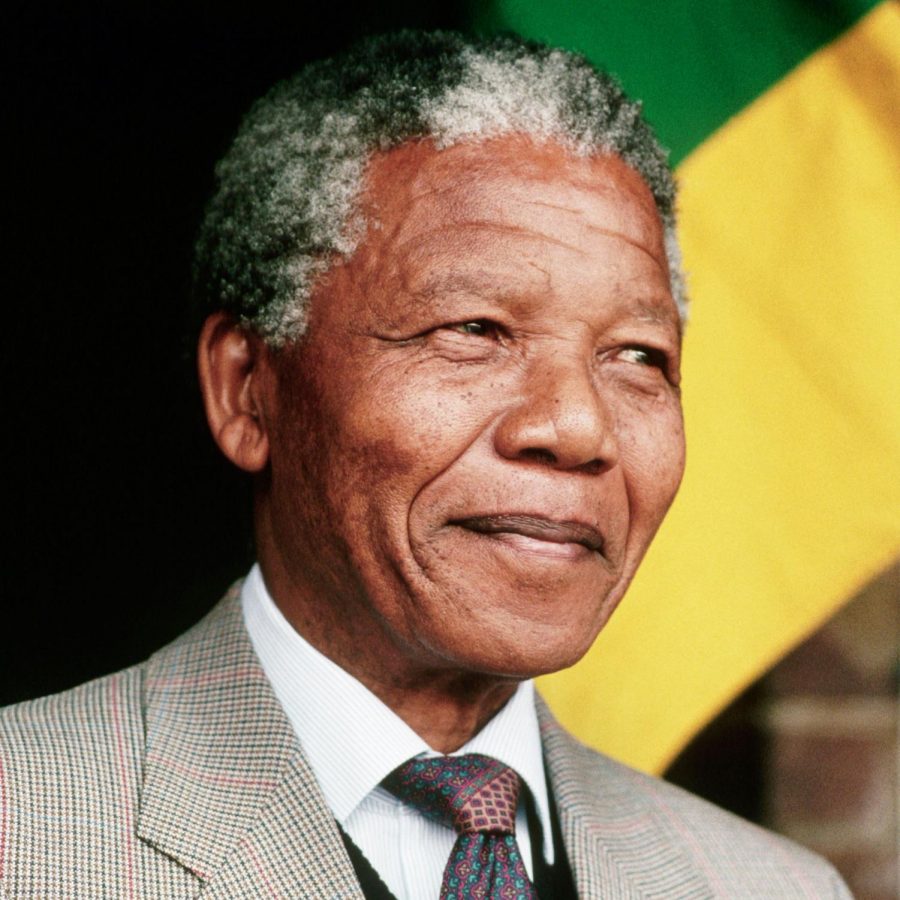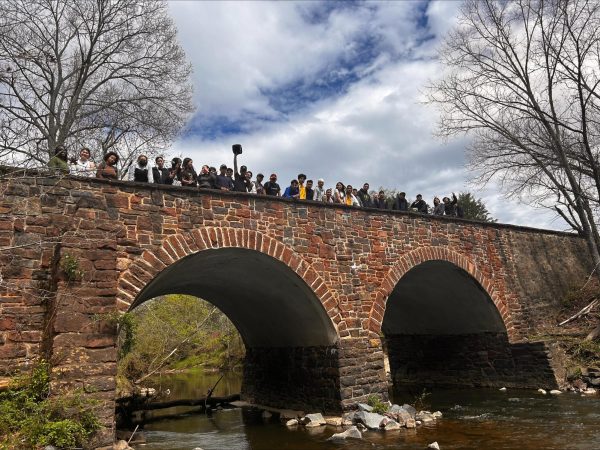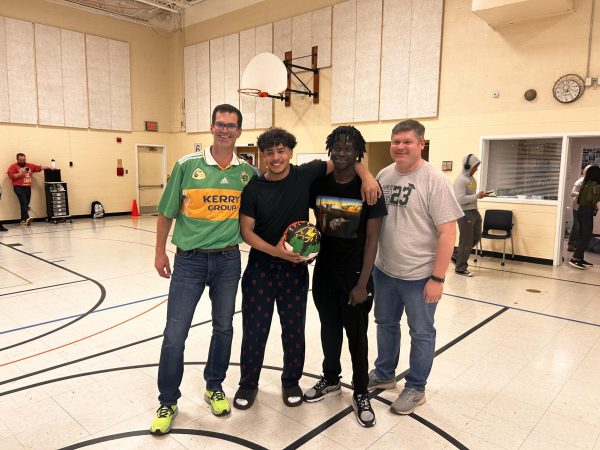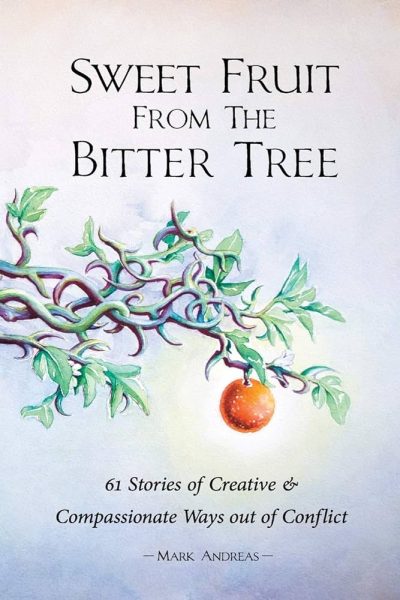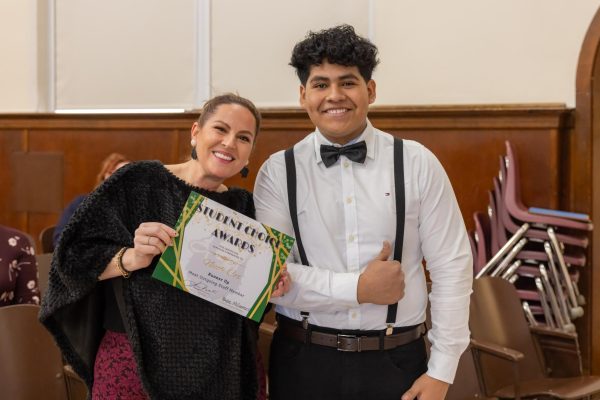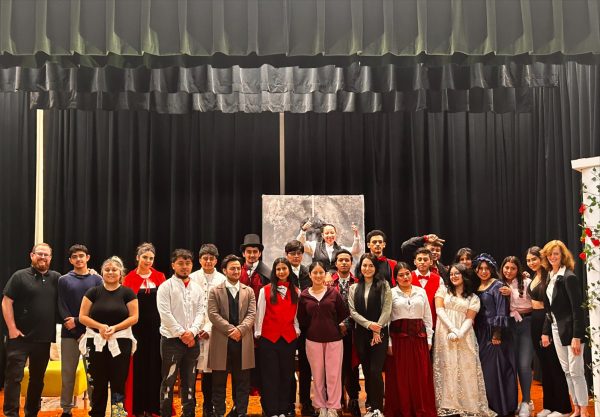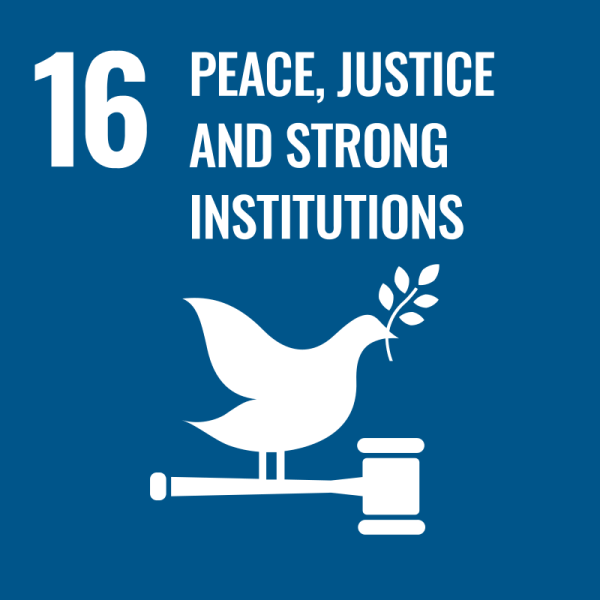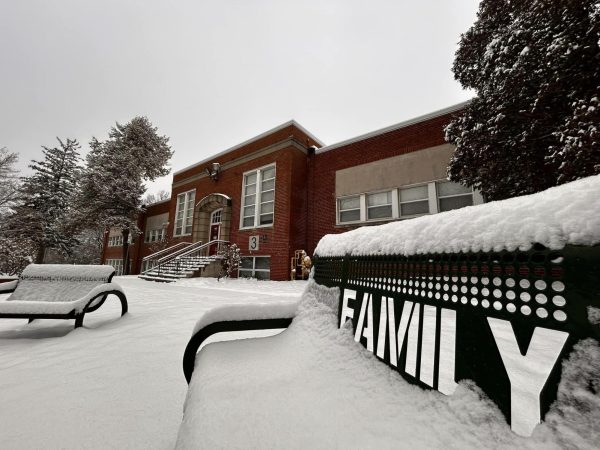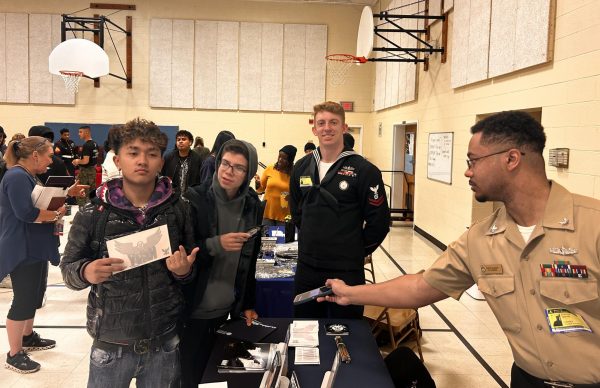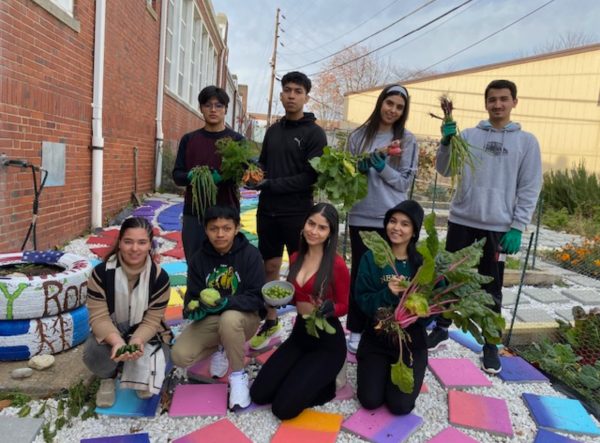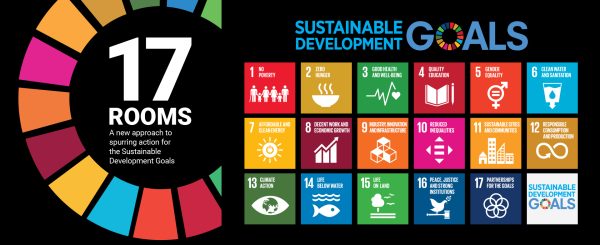Nelson Mandela;Learning to Love
The following is a creative writing exercise. It is meant to reflect the facts of Nelson Mandela’s life in a personal way through imagined dialogue
Mr. Nelson Mandela, it is a pleasure to have this opportunity to speak with you. You are an inspiration to many because you faced the injustice of colonial apartheid in your homeland in a way that was very forgiving and brave. Our world needs forgiveness and it needs the bravery you showed when you stood up to injustice at the cost of your freedom for 27 years.
I know that even in simple matters such as when my brother broke my video game it can be hard to be forgiving. How did your childhood experiences teach you the power of forgiveness?
As a young boy in a very diverse South Africa during the 1920s and 1930s I was exposed to all types of thinking about politics. I had a Christian education but I did not always find success with practicing forgiveness. When we are faced with hate we too easily learn to return it to others but “No one is born hating another person because of the color of his skin, or his background, or his religion. They must learn to hate, and if they can learn to hate, they can be taught to love, for love comes more naturally to the human heart than its opposite.” If as a child, when we see the results of this thinking in simple ways like with our family and friends, then we will be lucky if we learn to practice it in the complicated ways as an adult. I was lucky because the conflict of hatred was so apparent to me. In South Africa any light of love would shine brightly against the injustices and social inequalities.
Growing up I had many challenges and problems, what challenges did you face growing up?
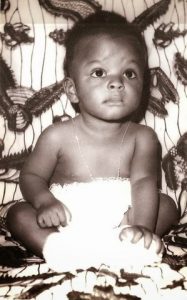
I lost my father at a young age when I was 12 and my mother when I was in prison. The physical loss of my parents awakened a spiritual reality of their memory and the lessons they taught me. From my mother I learn to be kind, forgiving and to be optimistic. I was not very good at school and my mother encouraged me to work hard and never give up.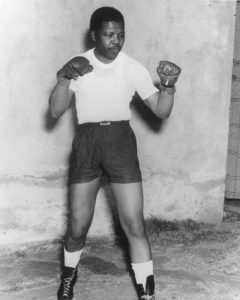
In my life I had many supports from my family and friends who are very important to my life as they guided me to become the person I am. Who was an important person you look to as your mentor?
I look at Walter Sisulu as my mentor ,he was the man who recruited me into the ANC (African National Congress) in the 1940s. We believed that equality for black people in South Africa was a cause worth fighting for and we both ended up spending 26 years in prison for our beliefs. It was difficult to spend 26 years behind bars but I was not alone, because my mentor shared the same fate and it made it easier to bear. In the end I emerged victorious as the first free democratically elected President of a South Africa without the injustice of appartheid.
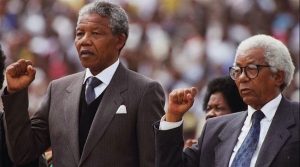
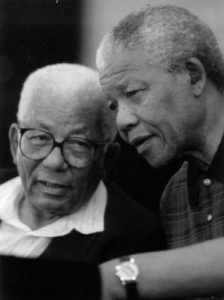
Your life has inspired so many who continue to face and fight social and political injustice in our world. Some injustices I see today are exaggerated during this pandemic. It seems we all have experienced limitations and hardships but some of us much more than others. In these hard times, how do we stay focused on being people of love and justice? What advice would you give us as citizens and leaders in the world today in the face of injustice?
I have always said that Education is the most powerful weapon against injustice. The relationships of both knowledge and people that we create through education allow us to think about other people’s perspectives and they remove us from the human tendency to be selfish. We must be aware of the consequences of human choices and a good education allows for this awareness. In my years of imprisonment I realized that I still had the ability to be educated and to make choices despite the walls around me. Education frees us to choose hope over fear. Fear is the result of ignorance. I have said before that we must make choices which reflect hope and not fear. Despite any circumstances that may seem to trap you in injustice or the judgement of others, seek what is true and good, this seeking is education. Never be afraid to dream big for yourself and others. Too often we give in to other people’s condemnation or prejudice but I refused to give in to that in my life. I did not know for sure what the outcome would be but I knew my path was one of truth and justice for my self and others. Do not look the other way; do not hesitate. Recognize that the world is hungry for action, not words. Act with courage and vision. Sometimes it takes hardship like imprisonment or a global pandemic to see these truths clearly so be willing to learn from every challenge and act upon what you learn for the common good.
Below is Neslon Mandela speaking in London’s Trafalgar Square in 2005 shortly after he retired from public life but showing his constant desire to stand up with hope and justice.
